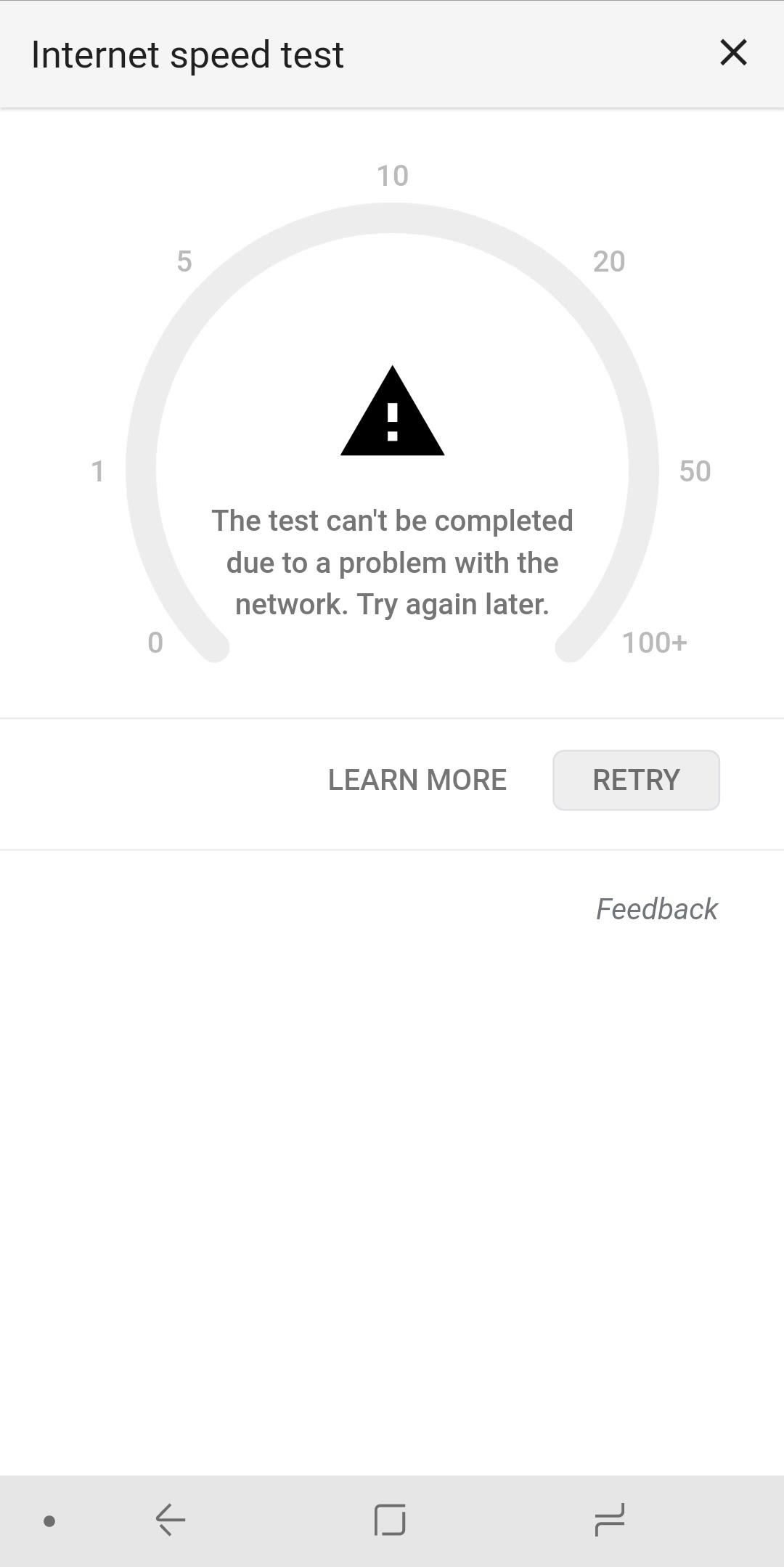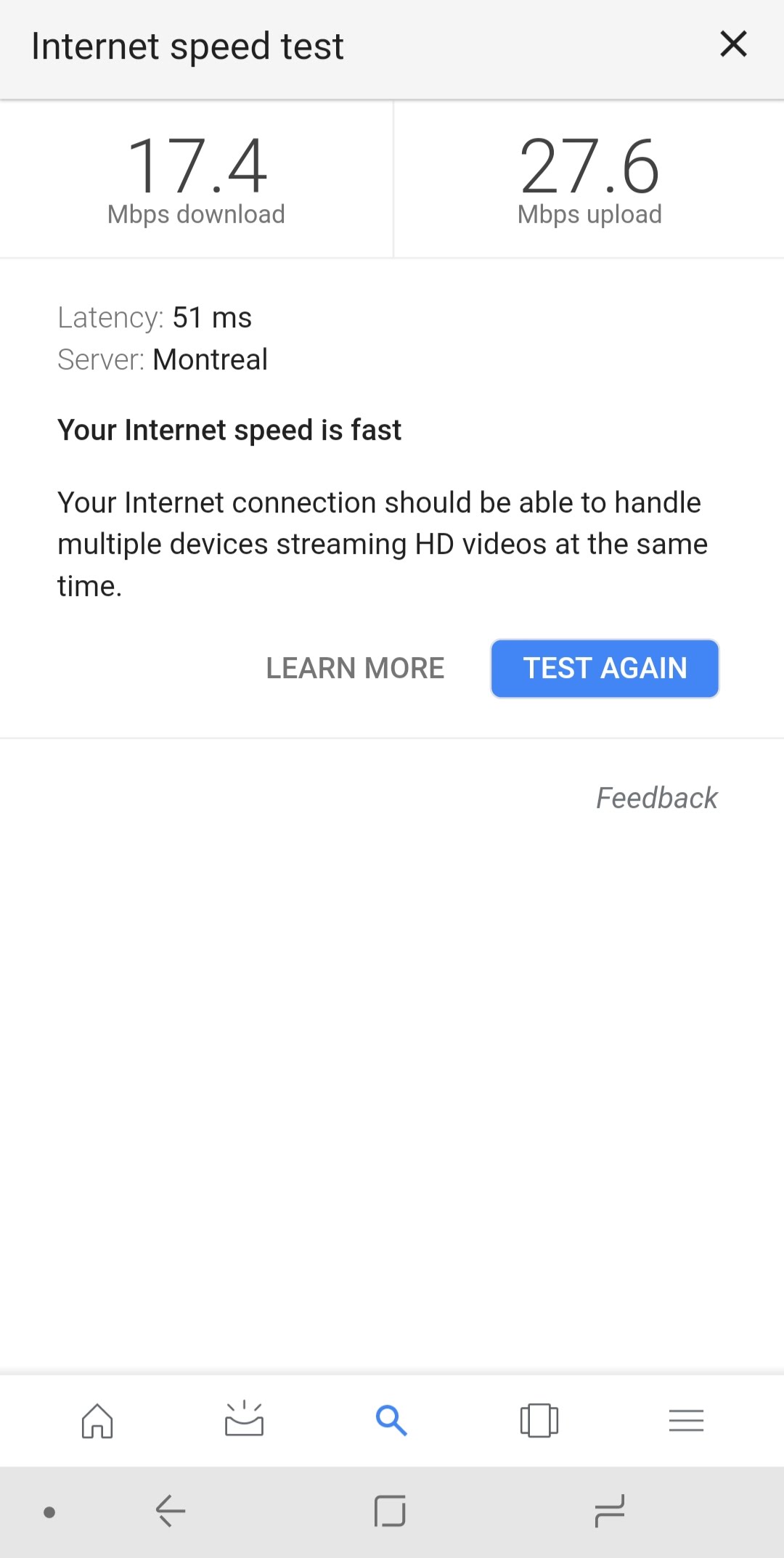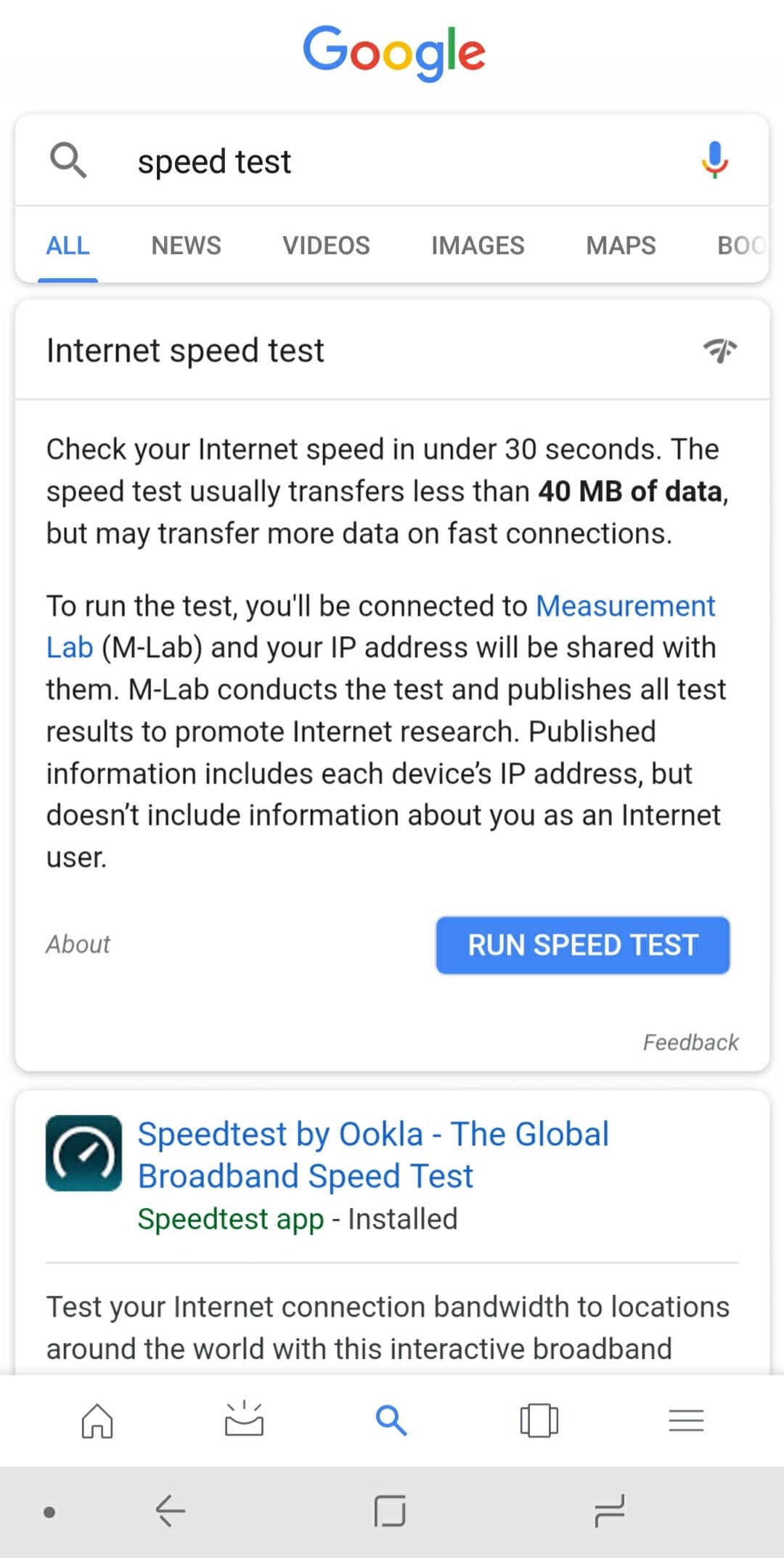Another Medium blog article is entitled "Give Good the Advantage".
Based on all the blog entries, Chronicle Security will be some kind of large, in the cloud, data collection and analytics platform that will leverage machine learning to deliver 10X efficiency improvements to security teams.
Data collection and correlation tech aren't new in the security theater, we call this type of tech a security information and event management platform. Competitors in this space include LogRythm, Splunk, IBM QRadar, AleinVault, McAfee Enterprise Security Manager, SolarWinds Log & Event Manager and more.
The company says their main differentiators will be :
- "should be able to help teams search and retrieve useful information and run analysis in minutes, rather than the hours or days it currently takes"
- "Storage — in far greater amounts and for far lower cost than organizations currently can get it — should help them see patterns that emerge from multiple data sources and over years."
Traditional SIEM technologies are very expensive so it looks like Chronicle Security will dramatically bring down the price, making attainable for small to medium size businesses. In addition to the cost, they promise to add machine learning to help find useful information faster and make that information more actionable. This is the piece currently missing in all SIEM products (regardless of what the marketing material says). If Chronicle can deliver Google grade machine learning that helps reduce the burden on security teams and makes the information analysis more automatic, then this could be a big break for security teams around the world.
It is difficult to peg down the exact offering Chronicle will have very little information about the technology or platform is provided. They have promised to keep customer information separate from other Alphabet companies (namely Google) and will have their own privacy policy.
Obviously, Alphabet believes the tech is good enough to turn an idea incubated in their moonshot factory into a real company. Now we wait and see if it is really as good as they are promising.
















